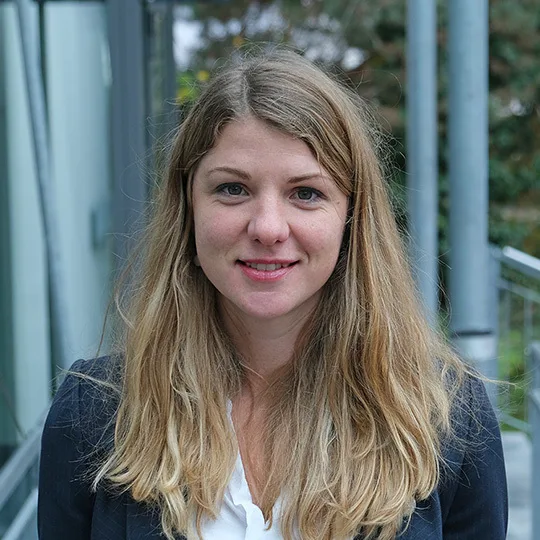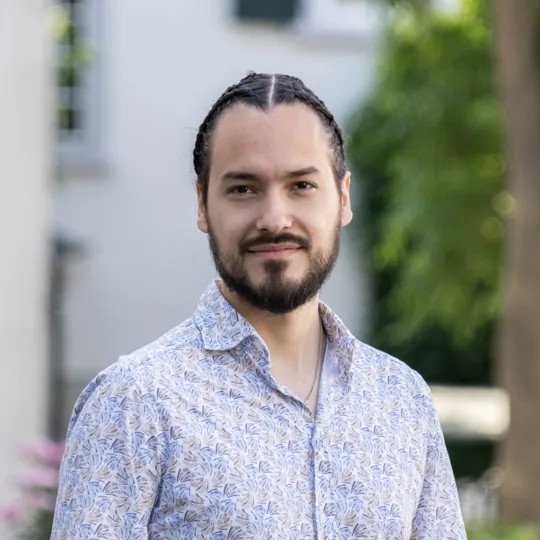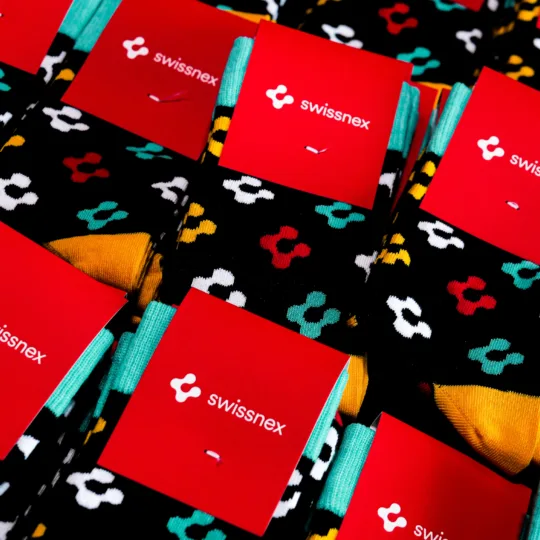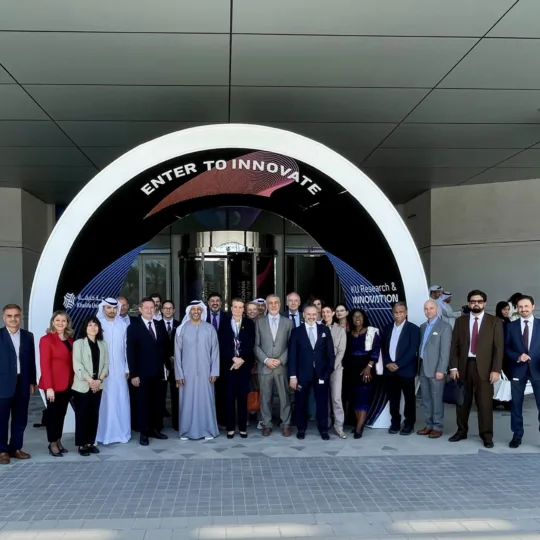Swiss participation in Horizon Europe: Key facts and figures
Switzerland is currently a non-associated third country in the Horizon package 2021-2027, which includes Horizon Europe, the Euratom programme, ITER and the Digital Europe Programme. The specific implications of this for research and innovation stakeholders in Switzerland are explained below.

With the current status, researchers and innovators in Switzerland can take part in most collaborative projects (around two-thirds of all calls for proposals). They are currently not entitled to take part in mono-beneficiary projects, e.g. calls for proposals from the European Research Council (ERC).
In view of an envisaged association, SERI has been implementing two types of transitional measures since 2021:
- Transitional measures for accessible parts of the programme: SERI provides direct funding to researchers and innovators in Switzerland to enable them to take part in collaborative projects. Project participants therefore receive funding as if Switzerland were an associated country. However, the funding comes from SERI instead of from the EU.
- Transitional measures for non-accessible parts of the programme: For non-accessible calls for proposals, temporary parallel instruments have been set up. SERI has assigned and funds the Swiss National Science Foundation (SNSF), Innosuisse and the European Space Agency ESA to implement these measures. The instruments are aligned as closely as possible with the EU calls for proposals (e.g. SNSF Starting Grants, which are modelled after ERC Starting Grants).
In order to ensure transparency, in May 2022 the Federal Council shifted the funds earmarked for Switzerland’s mandatory contribution to the EU for all transitional measures for 2021 and 2022 to a separate, newly created budgetary appropriation (called 'Transitional measures for Horizon package 2021-2027', SERI/A231.0435). All transitional measures are financed from this budgetary appropriation until the end of the duration of the corresponding projects, regardless of whether the transitional measures are implemented by SERI directly (i.e. for accessible parts of the programme) or indirectly via the SNSF, Innosuisse or ESA (i.e. for non-accessible parts). This enables a clear differentiation from other funding activities (specifically those listed in each Federal Council Dispatch on the Promotion of Education, Research and Innovation). It also provides a comprehensive overview of federal funding.
At the same time, the Federal Council has authorised the Federal Department of Economic Affairs, Education and Research to increase the overall budget ceiling for transitional measures taken in 2021 and 2022. In other words, funding for transitional measures is considered over and above existing budget allocations to cover federal contributions to the ETH Domain, cantonal universities or the two federal research funding institutions, SNSF and Innosuisse. The EAER has also been authorised to continue increasing the overall budget ceiling from 2023 onwards. These transitional measures will therefore not compete with regular items covered in ERI budgeting and disbursement as long as the budgetary appropriation remains in place. This will continue to be the case even after Switzerland secures associated country status.
The funds that the Swiss Parliament earmarks each year to Switzerland's mandatory contribution to the EU are used instead for transitional measures on a deferred basis and are therefore not lost.
The funds approved by the Federal Council and the Swiss Parliament for transitional measures for 2021 and 2022 calls for proposals amount to over CHF 1.2 billion. This corresponds to the expected return (i.e. the amount of EU funding that researchers and innovators in Switzerland are likely to have secured from competitive calls for tenders had Switzerland held associated country status). Preparation of transitional measures for 2023 is currently underway.
The funds allocated to transitional measures that are not used will remain in the commitment appropriation for the Horizon package and can be used later. Thus, nothing is lost from the planned annual mandatory contribution to the EU, even if it is not spent in the year intended.
Instead of paying a mandatory contribution to the EU in a given year, the federal government provides funding to cover the entire duration of individual projects.
How was funding used in 2021 and 2022?
SERI funds transitional measures for 2021 and 2022 with a total value of CHF 1.2 billion. These funds are paid out on an ongoing basis to researchers and innovators in Switzerland and to the institutions SNSF, Innosuisse and ESA, as shown below as an example for 2022. Further payments will follow over the entire duration of the projects.
How high is Switzerland’s participation in the current Horizon package?
For Switzerland's participation in collaborative projects (i.e. accessible part of the programme), only a rough estimate can be made at this stage for 2021 and 2022, as SERI receives applications for direct funding from Swiss project partners with a time lag.
Transitional measures ensure that researchers and innovators in Switzerland have access to the same level of funding as they would if Switzerland was associated.
For the accessible part of the programme, SERI is currently providing direct funding for 709 collaborative projects (reference date: 5th January 2023). The projects that run via the SNSF, Innosuisse and ESA will be published at a later date, as they are periodically reported to SERI.
Compared to the average Swiss participation in accessible collaborative projects under Horizon 2020, the number of participations in Horizon Europe does not show a clear decline.
Although Switzerland is currently not an associated country and therefore lacks unimpeded access to all instruments, researchers and innovators in Switzerland continue to successfully take part in accessible calls for collaborative projects in EU Framework Programmes. In so doing, they make active use of the direct funding provided to them by the Swiss federal government. The transitional measures have thus been quite effective.
Switzerland's association to the Horizon package 2021-2027 as soon as possible remains the Federal Council's declared goal, so that researchers and innovators in Switzerland gain access to all parts of the programme and can once again coordinate projects.
Glossary
Planned mandatory contributions to the EU
These are the funds that Switzerland would normally pay to the EU each year if Switzerland held associated country status in the Horizon package 2021-2027. Parliament set this at CHF 5 422.6 million as part of the federal decree on Swiss participation in the Horizon package. The final amount to be paid depends on association negotiations and on the EU-CH GDP ratio, the success rate of Swiss project participations and the exchange rate. The funds approved under the federal decree should be understood as an indicative cost ceiling and do not necessarily correspond to the actual expenditure that would be incurred if Switzerland secures associated country status.
Commitment appropriation / budgetary appropriation (payment appropriation)
With the commitment appropriation for the Horizon package 2021-2027, the Swiss Parliament has authorised the Federal Council to enter into financial commitments for Swiss participation up to the approved maximum threshold of CHF 5.4 billion (resp. CHF 6.153 billion, including accompanying measures and reserves). However, this commitment does not trigger payments. In order for payments to be made, budgetary appropriations (payment appropriations) are needed. These must be requested annually in the budget and approved by the Swiss Parliament.
Horizon package 2021-2027
This consists of Horizon Europe, the Euratom programme, the Digital Europe Programme and participation in the ITER research infrastructure.
Contact
Authors
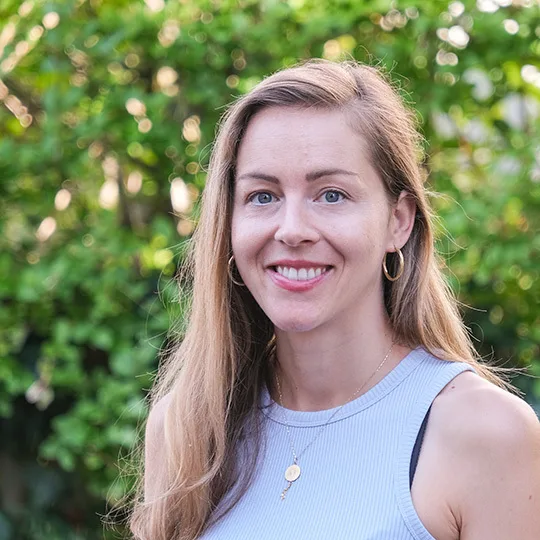
Anna Fill
